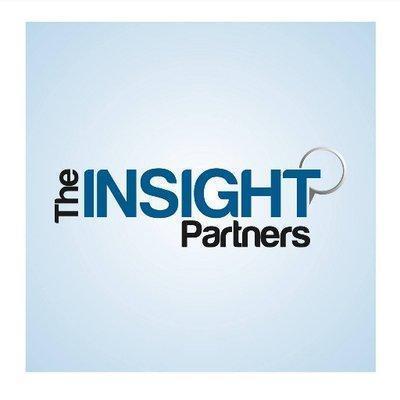In the dynamic landscape of modern marketing, events have emerged as powerful tools for connecting with audiences on a deeper level. Whether it’s a product launch, a conference, or a webinar, events offer a unique platform to engage, educate, and create memorable experiences.
However, with the proliferation of events, standing out in the crowd requires a strategic approach.
In this blog, we’ll delve into the top event marketing strategies that can help you make your mark in the event sphere.
1. Define Clear Objectives
Before diving into the logistical details of your event, it’s crucial to define clear, measurable objectives. What are you hoping to achieve? Increased brand awareness, lead generation, customer retention, or something else entirely? Knowing your goals will inform every aspect of your event planning and marketing efforts.
2. Leverage Social Media Platforms
Social media is the heartbeat of modern marketing. It’s where conversations happen, trends are set, and communities are built. Utilize platforms like Instagram, Twitter, LinkedIn, and Facebook to create buzz around your event. Create engaging content, use relevant hashtags, and consider running targeted ads to reach your desired audience.
3. Email Marketing: The Trusty Ally
Email marketing remains a stalwart in event promotion. Craft compelling, personalized emails to invite your existing audience and entice potential attendees. Segment your list based on interests and behaviors to send tailored messages that resonate.
4. Harness the Power of Influencers
Influencer marketing can amplify your event’s reach exponentially. Identify influencers in your industry or niche and collaborate with them to promote your event. Their endorsement can lend credibility and widen your event’s exposure.
5. Engaging Content is King
Create a content marketing plan around your event. Blog posts, videos, podcasts, and infographics can all serve to build anticipation and provide value to your audience. Share these materials on your website, social media, and through email marketing.
6. Create a Compelling Event Website
Your event website is the digital face of your event. It should be visually appealing, easy to navigate, and packed with information about the event. Don’t forget to include clear calls to action for registration and sharing.
7. Leverage Video Marketing
Video content is a dynamic medium for promoting events. Consider creating teaser videos, speaker interviews, and behind-the-scenes footage. These can be shared on social media, your website, and through email campaigns.
8. Utilize Event Listing Platforms
Promote your event on dedicated platforms like Eventbrite, Meetup, and LinkedIn Events. These platforms have built-in audiences actively searching for events to attend.
9. Engage with Attendees Pre-Event
Build a sense of community before the event even begins. Create a dedicated event hashtag and encourage attendees to start conversations. Host webinars, Q&A sessions, or forums to get people excited and connected.
10. Personalize the Experience
During the event, personalize the experience as much as possible. Tailor content to different audience segments, facilitate networking opportunities, and gather feedback in real-time to improve future events.
11. Post-Event Engagement and Follow-Up
The end of your event isn’t the end of your marketing efforts. Follow up with attendees through surveys, thank-you emails, and share event highlights. Leverage user-generated content to keep the event’s momentum going.
12. Measure, Analyze, and Learn
Post-event analysis is critical for refining your event marketing strategies. Track metrics like attendance, engagement, and conversion rates. Identify what worked well and what can be improved upon for future events.
Incorporating these top event marketing strategies into your playbook can significantly enhance the success of your events. Remember, successful event marketing is a combination of careful planning, engaging content, and a deep understanding of your audience. By leveraging these strategies, you’ll not only create memorable experiences but also forge stronger connections with your audience. Elevate your event marketing game and watch your events soar to new heights.




